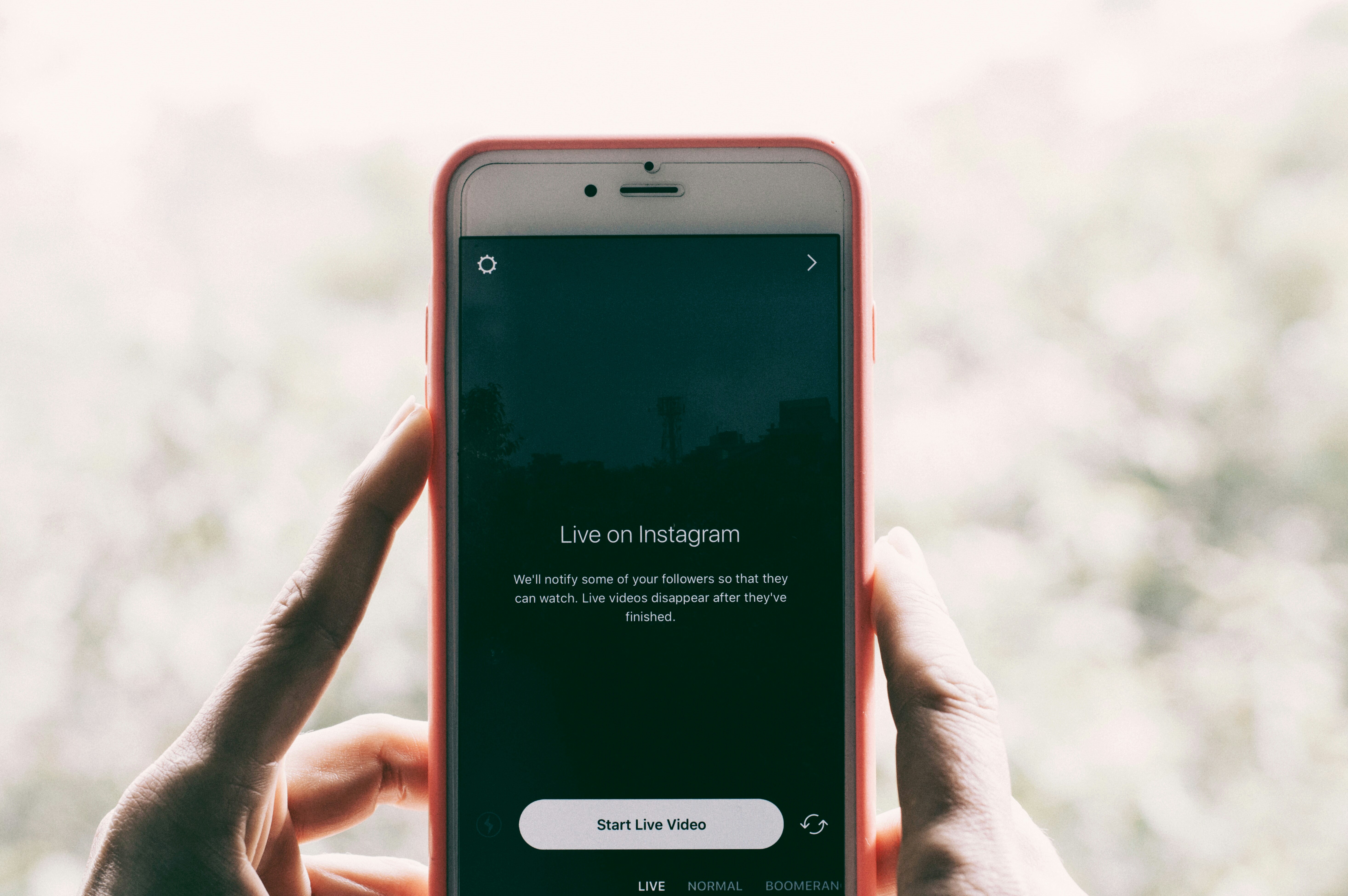Unraveling the Social Fabric: The Rise of Solitude in Modern Society
Modern society's evolution has led to a paradoxical phenomenon—the rise of solitude amidst increasing connectivity. We are more connected than ever before, yet loneliness prevails in alarming proportions. This article delves into this intriguing contradiction, exploring the roots of solitude in our society, its transformation over the decades, and its implications for our collective social fabric.

Introduction
In a world where every individual is just a click away, why does loneliness persist? Why is solitude becoming a defining feature of our times? The answers may lie in the very fabric of our social structures and cultural shifts. Read below to uncover the intriguing paradox of solitude in an interconnected world.
The Historical Context of Solitude
Historically, solitude was often seen as a spiritual pursuit, a path to self-discovery and enlightenment. Monks and hermits sought solitude for deep contemplation and communion with the divine. However, as societies evolved and became increasingly interconnected, the perception of solitude changed. It began to be associated with loneliness, isolation, and social rejection. This shift in perception has been a significant factor in the rise of solitude in modern society.
Solitude in the Age of Connectivity
With the advent of the internet and social media, our world has become hyper-connected. We can interact with hundreds, even thousands of people at the click of a button. Yet, this has not reduced feelings of loneliness. On the contrary, it has exacerbated them. The virtual interactions that dominate our lives often lack the depth and emotional satisfaction derived from face-to-face interactions, leading to a sense of isolation. This ironic situation of being alone in a crowd is at the heart of the solitude paradox.
The Societal Impact of Solitude
The rise of solitude has significant implications for society. On one hand, it can lead to increased introspection and self-awareness. On the other, it can result in feelings of loneliness, depression, and social anxiety. Research suggests that chronic loneliness can have serious health effects, comparable to smoking and obesity. Thus, understanding and addressing solitude is crucial for our individual and collective well-being.
The Cultural Shift Towards Solitude
Culturally, there is a growing acceptance and even romanticization of solitude. Books, movies, and popular culture often portray solitude as a necessary condition for creativity and personal growth. This cultural shift is both a response to and a driver of the rise of solitude in society. It reflects our struggle to find balance between connectivity and solitude, between community and individuality.
The Future of Solitude
As we move further into the 21st century, the role of solitude in our lives is likely to grow. The trend towards remote work, virtual relationships, and self-service technologies all point towards an increasing prevalence of solitude. However, this does not necessarily mean a future of loneliness. By embracing solitude as a space for self-reflection and growth, we can navigate this trend in a way that enhances our individual and collective well-being.
In conclusion, the rise of solitude in modern society is a complex phenomenon with deep roots in our social structures and cultural shifts. By understanding its origins and implications, we can better navigate our interconnected world and find a balanced, fulfilling path between solitude and connectivity.






